Year published :June 2017
Pages :424 pp. paperback
Size :15.5 x 23 cm.
Black & White photograph :16
Maps :3
Rights :Southeast Asia
ISBN: 9780801454486
Delicate Relationship, A: The United States and Burma/Myanmar since 1945
by Kenton ClymerIn 2012, Barack Obama became the first US president to visit Myanmar, formerly known as Burma. This marked a new period in the two countries’ sinuous diplomatic relationship, which Kenton Clymer examines in A Delicate Relationship. From the challenges of decolonization and heightened nationalism after World War II, to the Cold War concern with domino states, to the rise of human rights policy in the 1980s, Clymer demonstrates how Burma/Myanmar has fit into the broad patterns of US foreign policy and yet has never been fully integrated into diplomatic efforts in Southeast Asia.
When Burma achieved independence in 1948 from its British colonial past, the United States feared that the country might be the first in Southeast Asia to fall to the communists. In 1962, General Ne Win, who toppled the government in a coup d’état, established an authoritarian socialist military junta that severely limited diplomatic contact; the primary diplomatic concern for the United States then became Burma’s increasing opium production. Ne Win’s rule ended (at least officially) in 1988, when the Burmese people revolted. Amid the upheaval, Burma/Myanmar remained fiercely nonaligned and, under Ne Win, isolationist. The scant diplomatic exchange meant the state remained a frustrating puzzle to US officials. The junta’s continued brutality, its refusal to relinquish power, and its imprisonment of opposition leaders drew public and Congressional pressure.
Aung San Suu Kyi emerged as the charismatic leader of the opposition and was awarded the Nobel Peace Prize in 1991. Her prominence fueled a new foreign policy debate that was focused on human rights. Congressional and public opinion favored sanctions, while US presidents and their administrations were more cautious. Clymer’s account traces the debates and attitudes winding through the two countries’ diplomatic contacts, concluding with the establishment of a new, warmer relationship with a relatively open Myanmar.
Highlights
- Provides a comprehensive account of over six decades of US relations with Burma/Myanmar
- Explores the reasoning and motivations behind US attitudes toward Burma/Myanmar
- Considers historical developments in the governance of Burma/ Myanmar and analyzes their effect on US foreign policy toward the country
- Lays out the evolution of US goals for its dealings with Burma/ Myanmar, from anticommunist efforts to drug suppression and the protection of human rights
Contents
Introduction
1. Burmese Nationalism and the Path to Independence
2. The Leaky Derelict
3. High Treason: The Trial of the “Burma Surgeon”
4. The Kuomintang Embarrassment
5. China, Communists, and Other Insurgents
6. Changing Course on the Kuomintang
7. The Neutrality Conundrum
8. The China Border, a “Polite Coup,” and Return to Democratic Government
9. The U Nu Interregnum: To the Hard Coup of 1962
10. Ne Win’s Way to Socialism
11. The Relationship Stabilizes
12. The Narcotics Era
13. Revolt
14. The Thaw
Appendix: US Ambassadors and Chargés d’Affaires Appointed to Burma
About the Author
KENTONCLYMER is Distinguished Research Professor of History at Northern Illinois University. He is the author of several books, including Troubled Relations: The United States and Cambodia since 1870; Protestant Missionaries in the Philippines, 1898–1916: An Inquiry into the American Colonial Mentality; and Quest for Freedom: The United States and India’s Independence.
What Others are Saying
“Clymer provides a strong analysis with a well-constructed historical narrative that pauses to give deeply insightful attention to particularly important episodes in the U.S.-Myanmar relationship. This important book is essential reading for everyone interested in Myanmar, from researchers, NGO workers, and members of the diplomatic service to the lay public.”—Michael Charney, Diplomatic History
“A Delicate Relationship is an important book in which the very good historian Kenton Clymer provides a sweeping and detailed history of US-Burmese relations since World War II. For half a century no one has attempted this critical historical task, and Clymer succeeds where others have hesitated.”—David I. Steinberg, Distinguished Professor Emeritus of Asian Studies, Georgetown University, author of Burma/Myanmar: What Everyone Needs to Know
“A Delicate Relationship is an excellent book that will long remain the definitive account of U.S.– Burmese relations during the post–World War II era. Kenton Clymer's use of Burmese, British, and Australian sources along with his extensive use of U.S. archival and published documents gives his account real breadth and authority. Clymer writes crisply and fluidly about military and economic assistance, U.S. fears of communist inroads, the complex and contentious issue of KMT troops in Burma, the narcotics problem, and the recent thaw in relations.”—Robert J. McMahon, Ralph D. Mershon Distinguished Professor of History, The Ohio State University, author of The Limits of Empire: The United States and Southeast Asia since World War II
Keywords
Myanmar | Burma | Southeast Asia | United States history | anticommunism | human rights | international relations
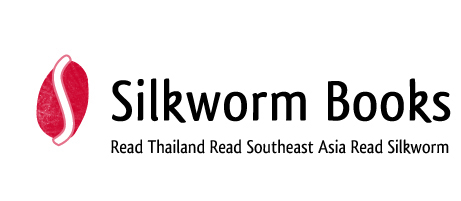
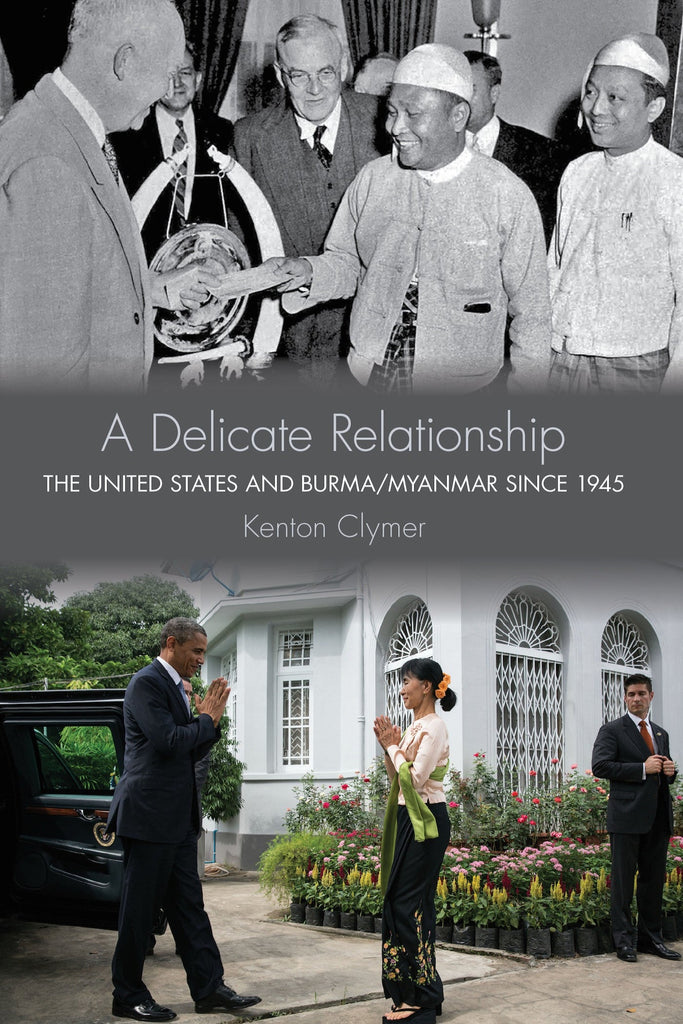

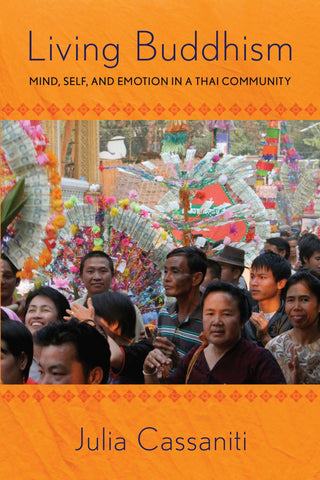
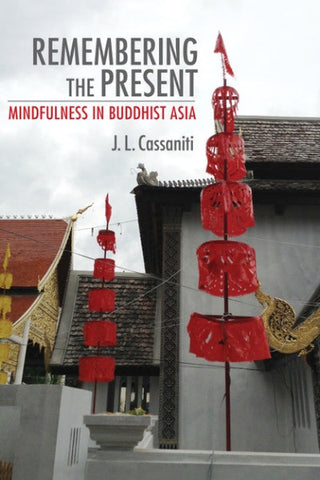
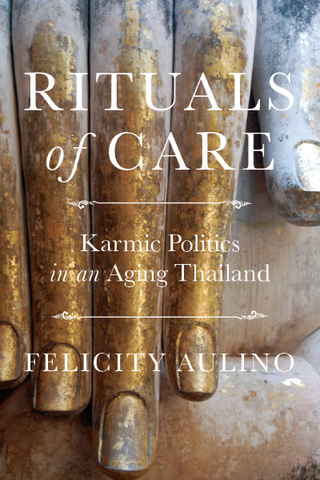
Share this item: